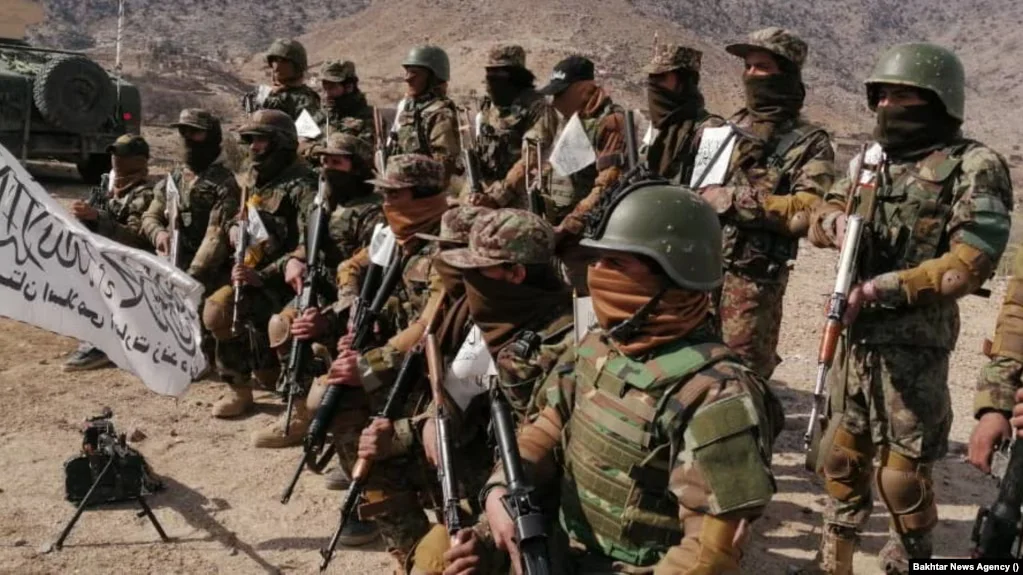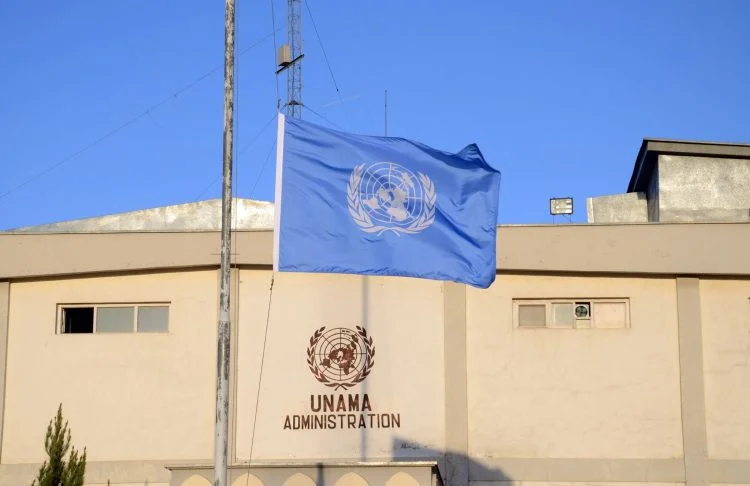ISLAMABAD: Prime Minister Mohammad Shehbaz Sharif expressed profound sorrow and grief over the recent devastating floods. On Friday, he offered assistance to Bangladesh to help cope with the situation.
In a letter to Chief Advisor of Bangladesh, Dr. Muhammad Yunus, Prime Minister Mohammad Shehbaz Sharif expressed Pakistan’s solidarity with Bangladesh. He conveyed that the Pakistani nation stands with those who have lost loved ones, homes, and livelihoods. The devastating floods have caused these losses. This information was shared in a press release issued by the PM’s Office.
He lauded the people of Bangladesh for their renowned bravery and courage, particularly in the face of adversity.
The prime minister expressed confidence that Bangladesh’s leadership will guide the country through this challenging period.
He also affirmed Pakistan’s readiness to offer any assistance, needed by Bangladesh.
Flash floods wrought havoc in Bangladesh with the death toll rising to 13 and millions more caught in the deluge.
Much of Bangladesh consists of deltas. The Ganges and the Brahmaputra rivers flow through these deltas. They travel from the Himalayas towards the sea after passing through India.
All major tributaries of the two transnational rivers were overflowing, according to local media reports.
13 Dead, 4.5 Million Affected
The Bangladesh Disaster Management Ministry said in a bulletin that the latest toll was 13 deaths. This toll included fatalities in cities along the country’s southeastern coast.
The toll included the main port city of Chittagong. It also affected Cox’s Bazar, a district that is home to around a million Rohingya refugees from neighboring Myanmar.
Areas east of the capital Dhaka, including the city of Comilla near the border with Tripura state in India, also suffered severe damage.
The bulletin reports that authorities took nearly 190,000 people to emergency relief shelters, while the floods affected a total of 4.5 million people.
This news is sourced from Pakistan Today and is intended for informational purposes only.






